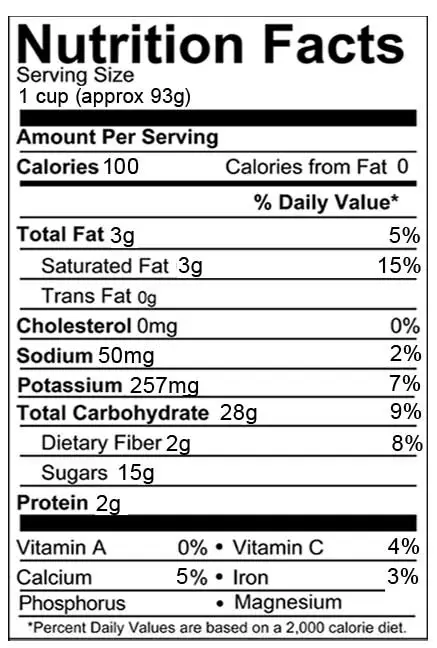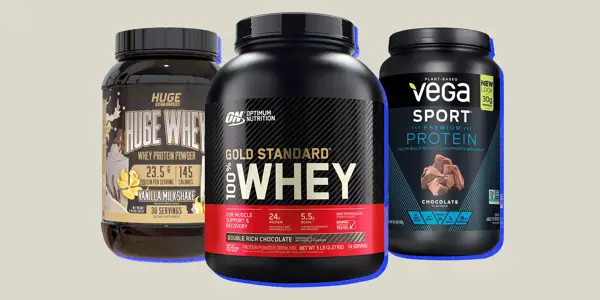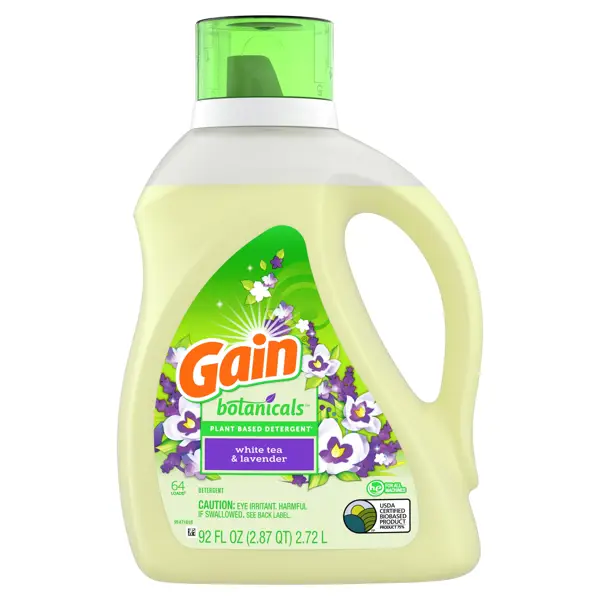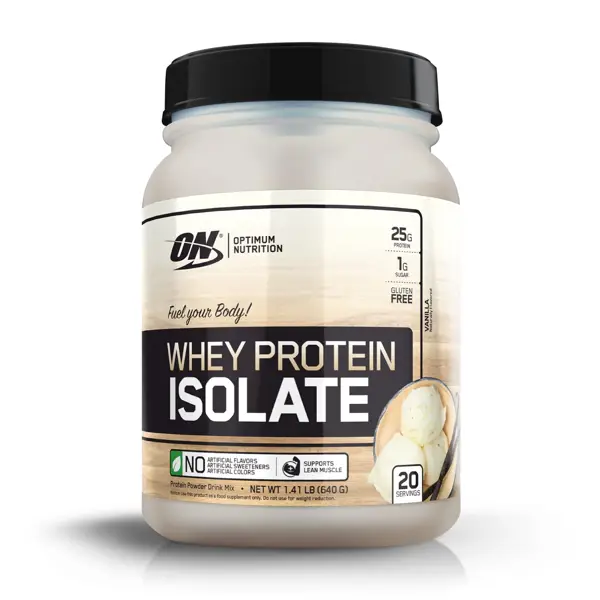Table of Contents
- Introduction
- Nutritional Profile
- Digestibility
- Cost Comparison
- Sustainability
- Health Benefits
- Conclusion
Introduction
Food protein and whey are both popular sources of protein for athletes, bodybuilders, and fitness enthusiasts. In this article, we will compare the nutritional profiles, digestibility, cost, sustainability, and health benefits of these two protein sources to determine which one may be better for you.
Nutritional Profile
Food protein, such as meat, poultry, fish, beans, and lentils, contain a wide range of essential nutrients in addition to protein. Whey protein, derived from milk, is high in protein but lacks some of the other essential nutrients found in food protein.
When it comes to choosing between food protein and whey protein, it is important to consider the nutritional profile of each.
Food Protein:
Food protein refers to protein sources found in whole foods such as meat, fish, eggs, dairy, beans, and legumes. These protein sources provide a variety of essential nutrients in addition to protein, such as vitamins, minerals, and fiber. Whole foods are also typically less processed than protein supplements.
Whey Protein:
Whey protein is a popular protein supplement that is derived from milk. It is known for its high protein content and fast absorption rate, making it a convenient option for post-workout recovery. Whey protein is also low in fat and carbohydrates, which can be beneficial for those looking to increase their protein intake without consuming excess calories.
Ultimately, whether food protein or whey protein is better for you depends on your individual goals and dietary preferences. Incorporating a variety of protein sources into your diet can help ensure you are meeting your nutritional needs and fueling your body for optimal performance.

Digestibility
Whey protein is known for its quick absorption and easy digestibility, making it an ideal post-workout supplement. Food protein may take longer to digest but can provide sustained energy throughout the day.
When it comes to protein sources, whey protein is often praised for its high digestibility. Whey protein is derived from dairy and is considered a complete protein, meaning it contains all essential amino acids that the body needs. This makes it an excellent choice for athletes and fitness enthusiasts looking to support muscle growth and recovery.
On the other hand, plant-based proteins can also be highly digestible, such as those found in legumes, nuts, and seeds. While whey protein may have a slightly higher digestibility rate, these plant-based options can still be a valuable part of a balanced diet.
Ultimately, the best protein source for you will depend on your individual dietary preferences and needs. Whether you choose whey protein or plant-based proteins, it's important to focus on incorporating a variety of protein sources into your diet to ensure you're getting all the essential nutrients your body needs.

Cost Comparison
Whey protein supplements can be more expensive than food protein sources, especially if you opt for high-quality brands. However, food protein can also be costly depending on the source and quality.
When it comes natural protein supplementation, many people debate whether food protein is better than whey protein. One important factor to consider in this debate is the cost.
Food sources of protein such as chicken, beef, and fish can be cost-effective options for meeting your protein needs. These sources of protein can be purchased in bulk and can be prepared in various ways to create delicious meals.
On the other hand, whey protein supplements are convenient and quick to consume, making them a popular choice among athletes and fitness enthusiasts. However, whey protein supplements can be more expensive than food sources of protein in the long run.
Ultimately, the choice between food protein and whey protein depends on your individual needs, budget, and preferences. Both options can provide high-quality protein to support your fitness goals.

Sustainability
Food protein from sustainable sources such as plant-based proteins or grass-fed meats can have a lower environmental impact compared to whey protein, which is often produced through intensive farming practices.
As the world grapples with issues of climate change and environmental degradation, the sustainability of our food sources has come under increasing scrutiny. One key area of focus is the production of protein, a vital nutrient for human health.
When it comes to protein sources, plant-based options are often touted as being more sustainable than animal-based options like whey protein. This is due to a variety of factors, including the amount of resources required to produce plant-based protein compared to animal-based protein, the impact on greenhouse gas emissions, and the potential for reducing deforestation and habitat destruction.
While whey protein is a popular choice among fitness enthusiasts and athletes due to its high protein content and muscle-building properties, it is important to consider the environmental impact of its production. Plant-based protein sources like soy, pea, and hemp protein are increasingly being recognized as more sustainable alternatives to whey protein, as they generally require fewer resources and have a lower carbon footprint.
In conclusion, when considering the sustainability of food protein sources, plant-based options may be a better choice than whey protein. By making conscious decisions about the food we consume, we can contribute to a more sustainable and environmentally-friendly future.

Health Benefits
Both food protein and whey can provide health benefits such as muscle building, weight management, and improved recovery. However, the choice between the two may depend on your dietary preferences and overall health goals.
When it comes to protein sources, there is a lot of debate over whether food protein or whey protein is better for our health. While both have their own unique benefits, food protein is often considered the superior choice.
Food protein, such as that found in chicken, fish, beans, and nuts, is a more natural and whole form of protein that is packed with essential nutrients and vitamins. These foods are also typically lower in processed ingredients and additives, making them a healthier choice for overall wellness.
On the other hand, whey protein is a supplement derived from milk that is often processed and contains added ingredients. While whey protein is beneficial for building muscle and aiding in recovery after exercise, it may not offer the same level of nutritional benefits as food protein.
Overall, incorporating a variety of food protein sources into your diet can help you meet your daily protein needs while also providing important nutrients for optimal health. So next time you're choosing between food protein and whey protein, consider the overall health benefits and choose the option that best fits your nutritional needs.

Conclusion
When it comes to choosing between food protein and whey, there is no one-size-fits-all answer. Consider your nutritional needs, budget, sustainability values, and health goals to determine which protein source is best for you.
Key Takeaways
- Food protein contains a variety of essential nutrients, while whey protein is high in protein but lacks other nutrients.
- Whey protein is quickly absorbed and easily digested, ideal for post-workout consumption.
- Cost and sustainability should be considered when choosing between food protein and whey.
FAQ
Q: Is whey protein better than food protein?
A: The answer depends on your individual dietary needs and health goals. Consider factors such as nutritional profile, digestibility, cost, sustainability, and health benefits when making your decision.



Recent Comments